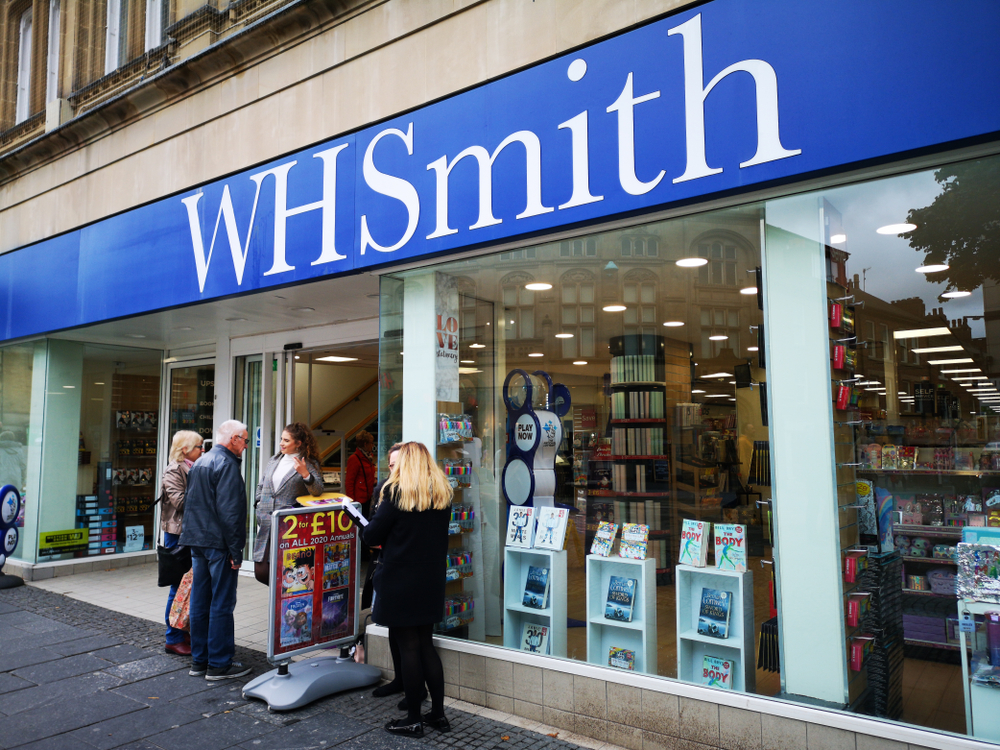// Thousands of small retailers are set for a reprieve on their business rates bills
// Part of scheme for high street businesses in England with a rateable value below £51,000
// Scheme was first announced in the Autumn Budget last year
Small retailers are set to enjoy a share of tax cuts worth half a billion pounds as business rates bills are slashed across England this month.
While council tax, prescriptions, utility bills and car tax are all set to rise, thousands of high street shops will be set for a reprieve.
In last year’s Autumn Budget, Chancellor Philip Hammond announced a business rates discount scheme for small-sized high street properties in England which have a rateable value below £51,000.
READ MORE:
Under the plan, small firms will receive a one-third discount on their rates bills from April 1 for the next two years.
Hammond said the discount would help “up to 90 per cent of all independent shops, pubs, restaurants and cafes”.
On the flipside, the standard business rate will rise above 50 per cent for retailers on medium to large-sized premises, the highest rate since the national business rates system was introduced in 1990.
Despite this, according to real estate advisory firm Altus Group, the average small retailer will see savings of £3292 in their business rates bills for the 2019/20 year.
Councils in England are setting aside £502 million this financial year to cover the cost.
However, Altus Group head of business rates Robert Hayton warned small retailers that they needed to check their new tax demands carefully, adding that “some councils are insisting that firms apply for the discount rather than applying it automatically”.
He also said local authorities in England were still expected to rake in £25 billion in business rates overall during the 2019/20 year, an increase of £206 million.
Meanwhile, the Federation of Small Business (FSB) said the 10 councils set to earn the most from business rates over the next 12 months are: Westminster (£2.2 billion), City of London (£1.2 billion), Camden (£650 million), Tower Hamlets (£461 million), Birmingham (£449 million), Hillingdon (£384 million), Leeds (£378 million), Manchester (£335 million), Kensington and Chelsea (£332 million) and Southwark (£328 million).
The FSB also highlighted that two million small businesses were to be hit with new reporting requirements due to HMRC’s Making Tax Digital (MTD) programme.
HMRC is forcing VAT-registered businesses to comply with the initiative, with the software required to meet MTD obligations set to cost small firms £564 each on average.
More than a million small employers are also grappling with a further increase in auto-enrolment pension contributions to three per cent from Saturday.
Click here to sign up to Retail Gazette‘s free daily email newsletter

















